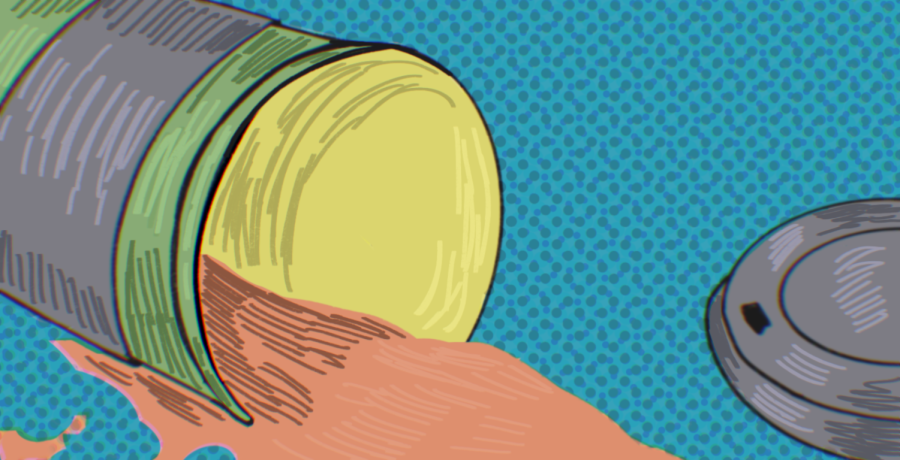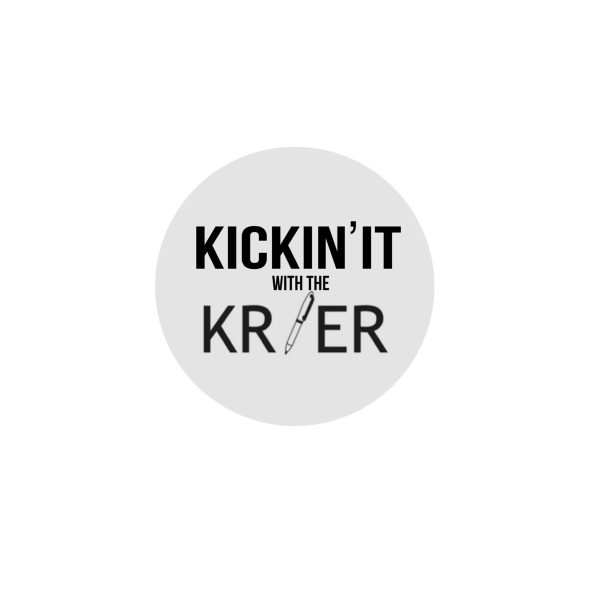Limiting caffeine intake is essential to stay healthy
Photo By Lillie Bobé
Coffee is one of the most commonly consumed beverages that contain caffeine. Daily consumption of caffeine can lead to future risk factors.
Caffeine, most notably found in soda, energy drinks, chocolate and coffee, is consumed daily by many. Consuming caffeine is normalized in everyday life, such as how many people drink coffee to start their day. Despite the popularity of these drinks, caffeine intake should be monitored to stay healthy.
While many people consume caffeine, they don’t always know or understand what it is and if it is truly safe. According to WebMD, an American corporation known primarily as an online publisher of news and information, “Caffeine can be considered as a psychoactive drug.” The Food and Drug Administration (FDA) recognizes it as safe to consume but also notes that it is the most widely consumed mind-altering drug in the world.
Foods and drinks such as coffee, tea, chocolate and soda are just a few products that are consumed daily. Caffeinated foods and drinks are oftentimes a part of the staple breakfast meal. These drinks are often advertised as having the ability to keep an individual active or motivated to start the day. Other foods like chocolate and cereal don’t advertise their implementation of caffeine at all. Regardless of their popularity and exposure, caffeine is in more of our foods and beverages than we sometimes realize.
With how popular caffeine is, regulation is tough. As reported by foodinsight.org, an information hub created by nutrition and food safety experts at the International Food Information Council (IFIC), “Soft drinks, brewed coffee and tea are the most common sources of caffeine among Americans, and 93% of respondents (from a 2022 study done among one thousand adults) reported consuming at least one type of caffeinated product.”
Caffeine consumption is an overarching issue that will continue with the aid of the convenience of caffeine products, especially beverages. Beverages containing caffeine are widely accessible in areas without restrictions. At Kaneland High School, for example, drinks such as Mountain Dew Kickstart and Starbucks Doubleshot Energy Coffee are sold during lunch and can be purchased at vending machines with little to no restrictions.
The lack of restrictions, alongside the largely absent knowledge about the effects of caffeine, contributes to negative effects on an individual’s health. Caffeine consumption can cause nervousness, nausea and increased heart rate. In a worst-case scenario, caffeine consumption in larger amounts can lead to a higher risk of more life-altering effects like insomnia, shakiness and dependency.
The idea for many of consuming caffeine, mainly coffee, is highly romanticized. It is common for many people to pick up a caffeinated beverage before school or work. Additionally, the excess amount of caffeine that is available at work and in learning environments may vary but is usually present in vending machines and cafeterias. Of course, it is ultimately up to the individual to regulate their own caffeine consumption.
One way a person can work to resolve this issue is to slowly decrease their amount of caffeine consumption. This can be done by finding an alternative that will have a similar effect to caffeine. According to healthline.com, an American website and provider of health information, some examples of things that can help increase energy levels are drinking more water, getting a regular recommended amount of sleep and avoiding naps.
Setting goals can also be a reliable option to reduce coffee consumption. Some options may include setting a particular budget just for caffeinated foods and beverages or limiting the number of times an individual consumes caffeine weekly. Setting goals may be challenging, but with time, planning and determination, it may be effective.
Naturally, some of the alternative options may not fit into an individual’s daily schedule, or just wanting to enjoy a product containing caffeine may come into play. Caffeine does not need to be taken away completely, but understanding that caffeine is a drug that can cause addiction and detrimental lifelong effects is crucial to take steps to uphold a healthy lifestyle.

Name: Lillie Bobé
Position: Photos Editor
Graduation Year: 2024
A Few Sentences About Me: I spend the majority...






![When I chose to take a tour of the Old Joliet Prison in Joliet, IL, I had no idea what I was walking into. I’ve heard of multiple paranormal events happening here, but I was more interested in how a prisoner lived. I wanted to feel their hopelessness and wanted to understand what it must have been like to sit in an empty cell and yearn for sunlight.
The Old Joliet Prison is a daunting structure that appears, seemingly, out of nowhere. When driving to the prison, it isn’t until someone is a few feet away that they see the large walls and barbed wire. Just driving past it, they can feel a change in the atmosphere.
When a prisoner is being driven there, they don’t know how close they are. They are driving through a suburban neighborhood before they reach a small unassuming bridge. Yet, as soon as they go under the bridge and back into the sunlight, they finally see the prison and know that as soon as they go in, they will never come out.
“In 1878, the Prison was filled well over capacity with nearly 2,000 inmates,” according to jolietprison.org, a website that tells the history of the prison and allows for you to sign up for tours. “[There were] reports of unsanitary and dangerous conditions emerged.”
Throughout the state, people knew the allegations that staff was abusing the prisoners as well as killing them. Once a prisoner was told that they were going to Old Joliet Prison, they knew that it was a death sentence](https://kanelandkrier.com/wp-content/uploads/2024/07/prison1.jpg)



